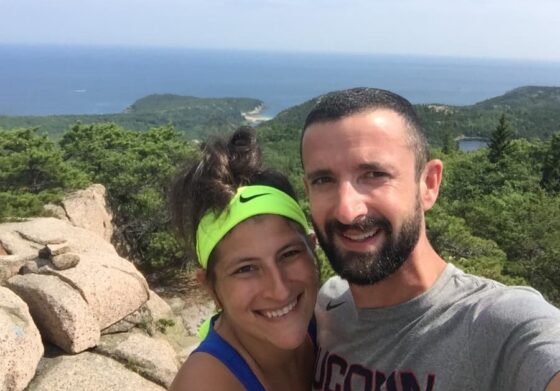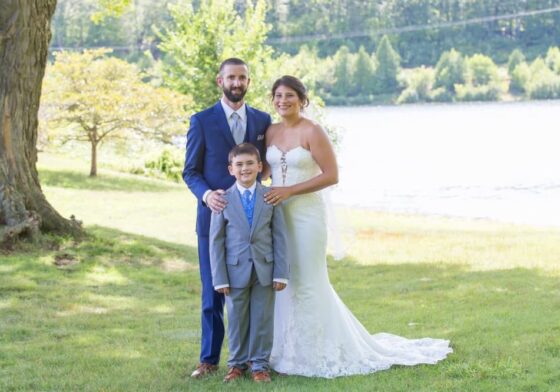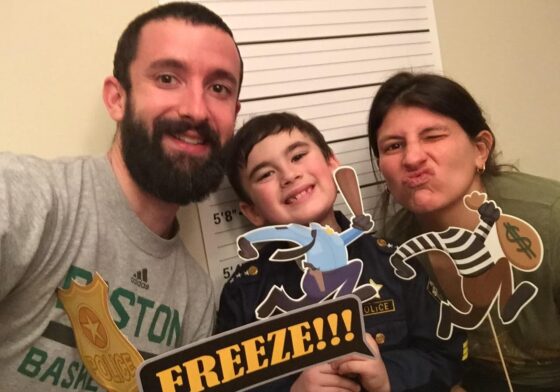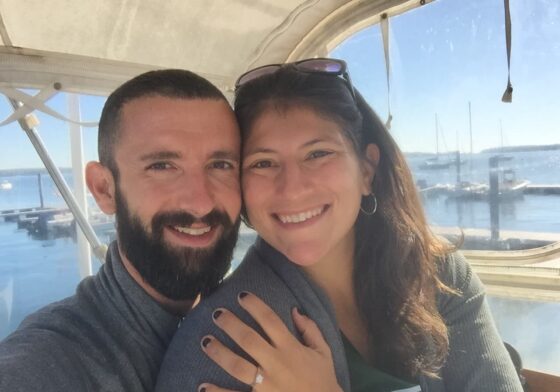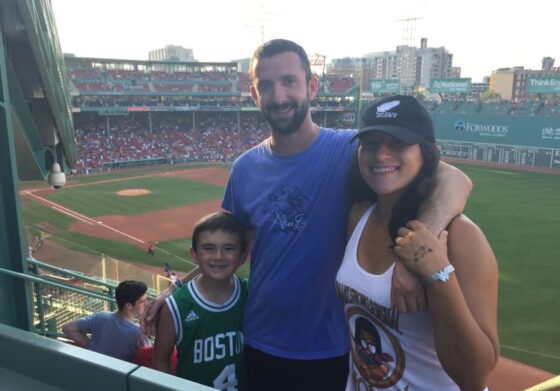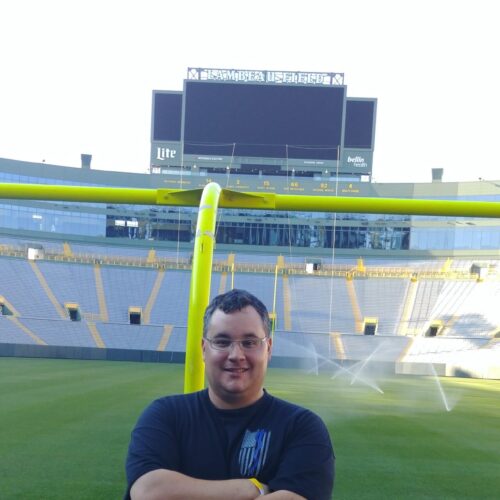As a high school teacher, I always look forward to summer vacation – it is well-deserved.
In the final days before break started, I was maintaining my active lifestyle, running 15 – 30 miles per week. I was in the shower one morning before work and felt a slight but noticeable irregularity in the shape of one of my testicles.
I immediately asked my partner to take a look and she confirmed it was different in shape. I didn’t have any pain at all, so I was tempted to leave it alone. Due to my experience as a caretaker of both my parents having cancer, I knew I had to contact my doctor and follow up right away rather than make excuses or put it off.
I continued my morning routine and went to work like any other day, but shortly after I arrived I made a phone call to schedule a doctor’s appointment. I told the person on the phone my symptom and that I felt the need to be seen right away due to the circumstances, and got an appointment for that afternoon.
I’d never heard of a self-exam beyond remembering the pediatrician performing a check during a routine physical exam as a child. It was weird having the doctor now (who I didn’t know) examine my testicles, simply because it is an area often left undiscussed or unexamined in other circumstances. But I was determined from the start of the appointment to figure out what the issue was, based upon my significant immediate family history of cancer.
My mother detected breast cancer in early stages, while my father detected melanoma late. The difference was literally life and death, so I wasn’t going to be sidetracked by any awkwardness and wanted to figure out what steps I could take as soon as possible to resolve the issue.
The doctor noticed the irregular shape I pointed out and agreed that it would be important to get an ultrasound later that evening at the hospital. It was awkward having the tech spread jelly and move a device around the area only to be unable to confirm anything until a doctor had read the images.
More people had touched my testicles in the past 12 hours than in a lifetime, but I found it easy to get past the awkwardness and focus on the real issue at hand. I received a call setting up an appointment with a urologist for later the next day and I knew it was cancer, which they would later confirm after receiving the pathology report from my upcoming surgery.
This was not the way I was planning on starting my summer—instead of going on the planned week’s vacation to Texas to relax and meet my girlfriend Jessica’s relatives, the urologist recommended I cancel our trip and have surgery to remove the cancerous testicle right away.
I underwent a radical right orchiectomy—removal of my right testicle through an incision in my abdomen. I was lucky that my pathology was one of the best possible results, a less aggressive type of the disease that would allow me the recommended option of surveillance.
This would mean no immediate chemotherapy, just frequent CT scans, blood tests and physical exams to monitor the disease. I was able to consider myself cancer-free. I am extremely thankful I caught the disease in its early stages.
“I know that my level of treatment and results could have been very different if I had not taken action and spoken with a doctor upon feeling the difference in shape.”
It’s been difficult to return to the same physical shape I was in prior to diagnosis, but I have been slowly making progress. One of the most difficult decisions was how to speak with my eight-year-old son, Camron about my diagnosis and treatment. After speaking with a few professionals, I decided I would share three things with him: that I was diagnosed with cancer, that I had surgery to remove it, and that I was going to be OK.
Jessica was there at every step of the way, even the uncomfortable ones like the ultrasound and surgery, and many of the follow-up appointments. Her unwavering support during the period of diagnosis and recovery from surgery was incredibly meaningful to me.
I know that my level of treatment and results could have been very different if I had not taken action and spoken with a doctor upon feeling the difference in shape. The most common cancer for males ages 15 to 35 is testicular cancer, so we need to take it seriously. Now I do self-exams once a month and ask all my male friends and family to do the same.
Don’t hesitate to talk to a doctor—for me, early detection made the difference between not having to get chemotherapy and being able to remain on active surveillance. You know your health better than anyone, so speak up and make sure someone is listening to your concerns.
Symptom
- noticed an irregularly shaped testicle on self-exam
